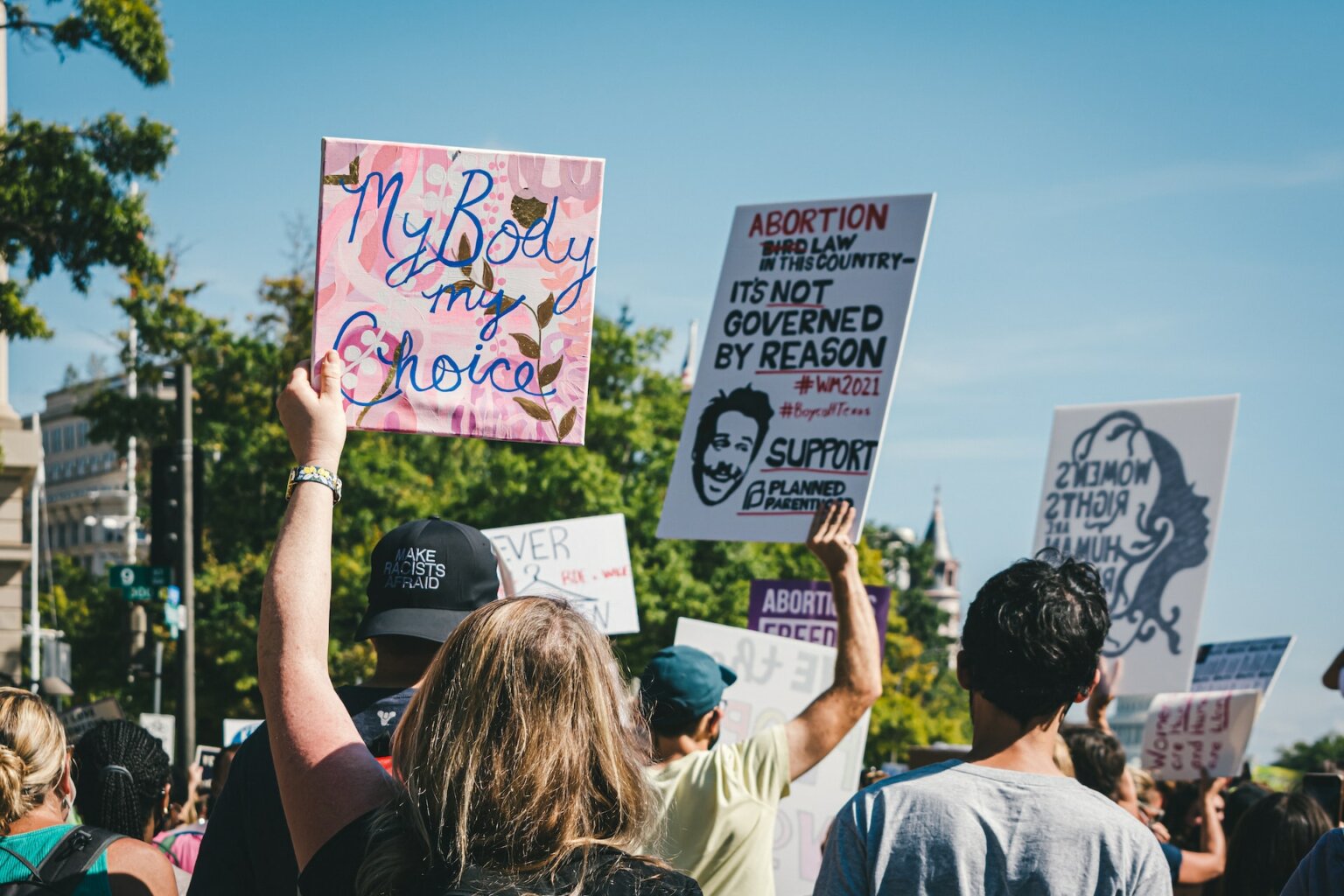- About
- Topics
- Story
- In-Depth
- Picks
- Opinion
- News
- Donate
- Signup for our newsletterOur Editors' Best Picks.Send
Read, Debate: Engage.
| January 21, 2019 | |
|---|---|
| topic: | Abortion |
| tags: | #Ghana, #abortion, #women's rights, #human rights |
| located: | Ghana |
| by: | Kwabena Adu Koranteng |
The 40-year-old Felicia Darko became pregnant at a time when her boyfriend was unemployed. Prior to that she had four other children in her previous relationship. The new baby was expected to increase the number to five. She was highly disturbed and wanted to get rid of it by herself to save her from further financial difficulties.
She recounts how she tried several medications both orthodox and herbal but the fetus would not be aborted. “I tried several medications and concoction just to get rid of the pregnancy but the fetus wouldn’t come out. I would bleed for a while and the blood would cease. This happened from the third until the nine-month when things became worse and I was rushed to the Korle- Bu Teaching Hospital where I was admitted for about three weeks and treated at the emergency ward until delivery. When the baby came out, I realised his skin colour had become black like Charcoal due to the effect of the deadly chemicals used in an attempt to get rid of him. However, I thank God he has survived without any chronic disease or defect. He is doing well. James just celebrated his 10th birthday and is doing very good in school too”. The skin colour is also changing gradually excerpt the hair that has become curly and soft.
The Global Media Foundation estimates that 80% of all abortions in Ghana are done illegally by the women themselves; sometimes with the assistance of quack doctors and unregistered health officers. In 2017, there was a total of 53,114 abortions, recorded only at Government Hospitals across Ghana.
13,918 out of the total cases were illegally done compared to a figure of 15,325 recorded in 2016, the report revealed.
It has also been observed that several cases related to abortions are reported in hospitals and health centres when they have gone out of control and become a threat to women’s life
The report recommended that to prevent unintended pregnancies and unsafe abortions, countries must make supportive policies and financial commitments to provide comprehensive sexuality education; a wide range of contraceptive methods, including emergency contraception; accurate family planning counselling; and access to safe, legal abortion.
It also called for the Provision of safe, legal abortion, an act that would help fulfil the global commitment to the Sustainable Development Goal of universal access to sexual and reproductive health (target 3.7). “There is a need for an increased effort, especially in developing regions, to ensure access to contraception and safe abortion. When women and girls cannot access effective contraception and safe abortion services, there are serious consequences for their own health and that of their families,” the report states.
“Despite advances in technology and evidence, too many unsafe abortions still occur, and too many women continue to suffer and die in the name of unsafe abortion which can simply stop by ensuring access to contraception and safe abortion.”
Lauren Amoah, 62 years old is the mother of three children. Her first child, an 18-year-old Senior High School student lost her life through unsanctioned abortion. “It was mid-June 2016 when I received a call from the Korle Bu Teaching Hospital that my daughter who was in boarding school then had been brought there in an emergency situation. I rushed to the place and was informed that she had lost blood as a result of a failed attempt to abort a pregnancy. Unfortunately, she could not survive due to some delays in treating her. It was heartbreaking and shocking and I have still not recovered from the shock. It hit me like an earthquake’.
By copying the embed code below, you agree to adhere to our republishing guidelines.
